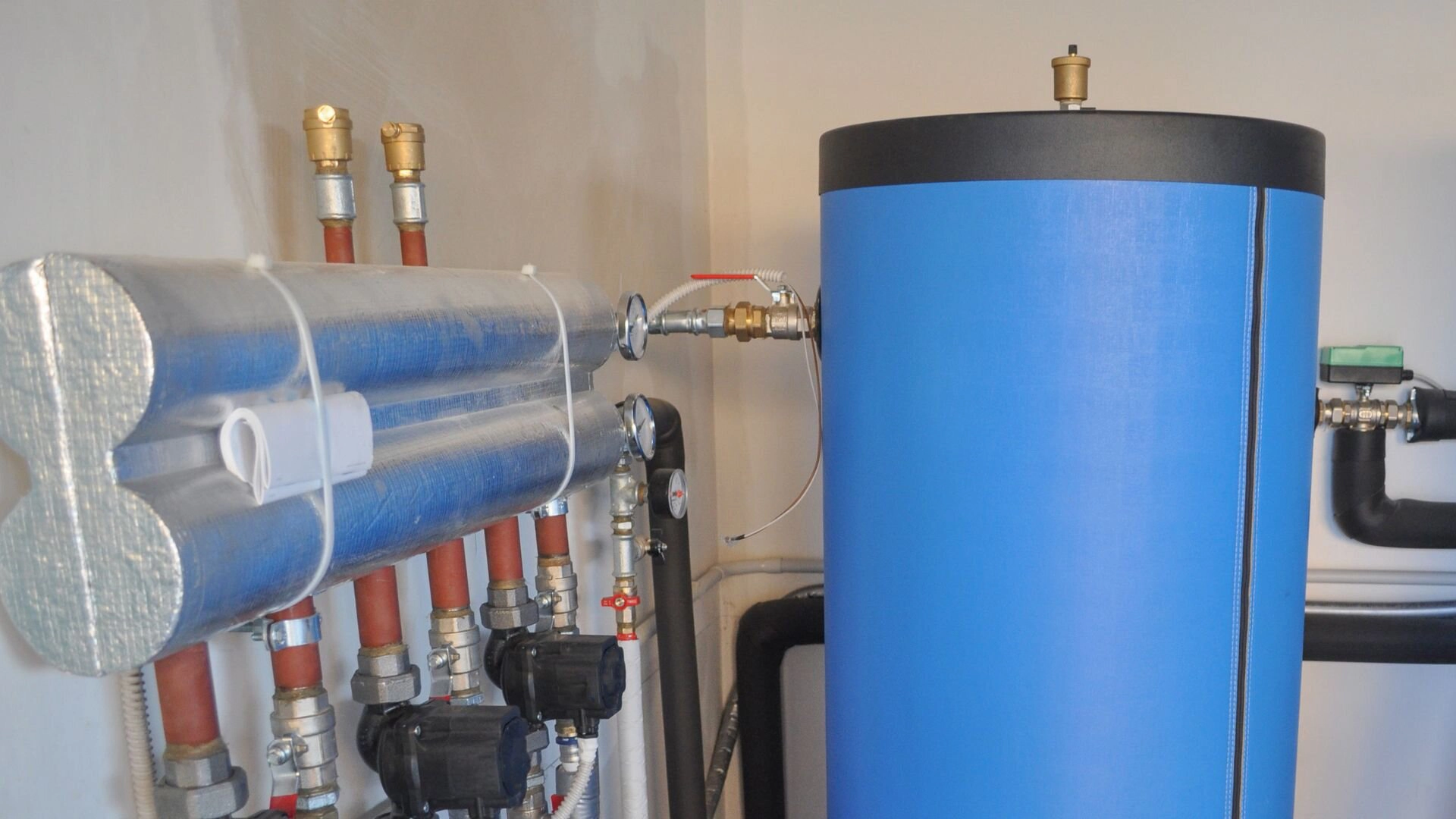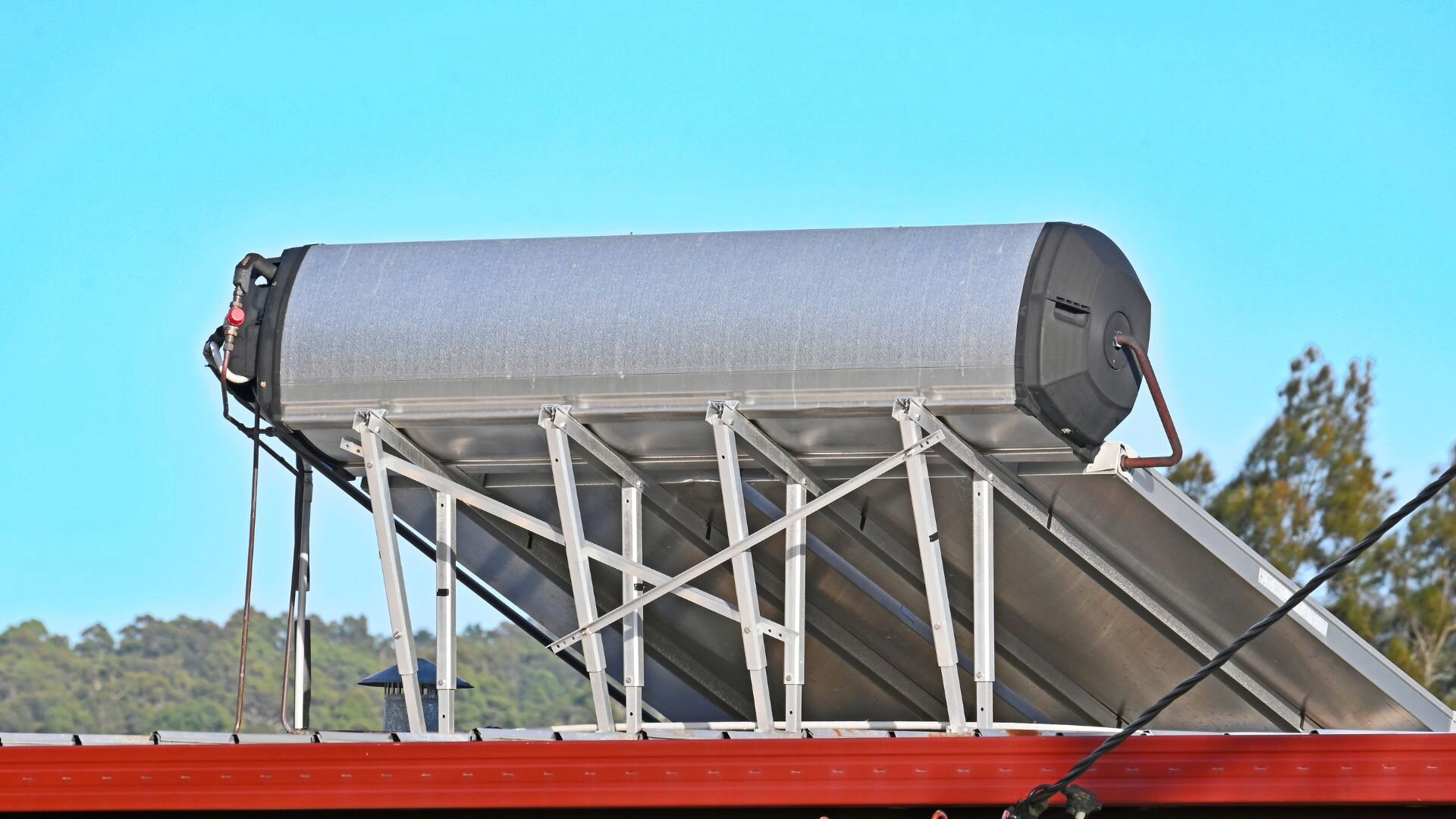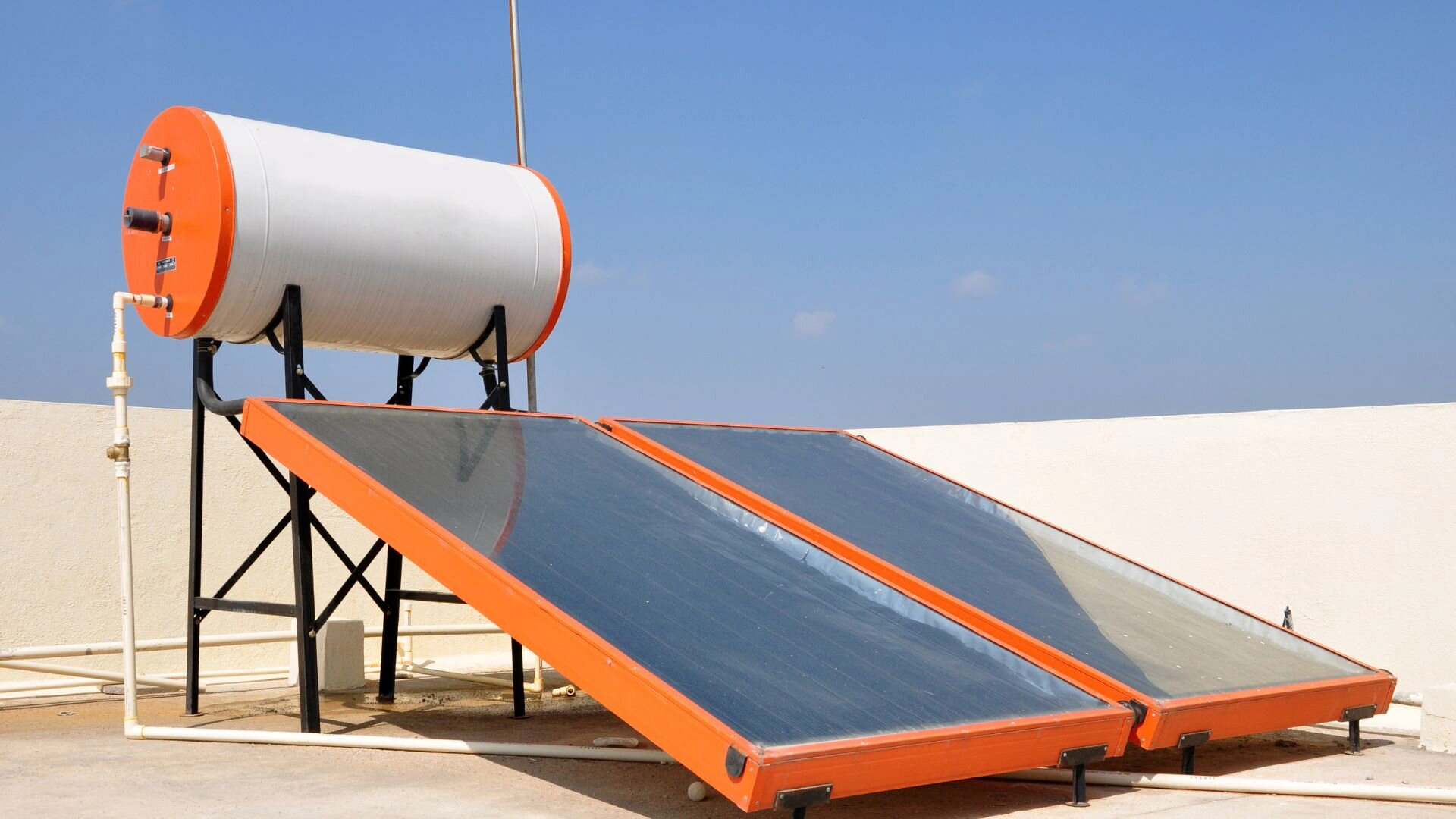Combine A Heat Pump and Solar Hot Water?
Combining a heat pump with solar hot water heating is a powerful strategy to boost energy efficiency and reduce reliance on conventional hot water heaters. Solar panels preheat water, lowering the workload for the heat pump. This can significantly reduce your energy bills and provide you with a steady supply of hot water throughout the year.
Did you know that heating water accounts for roughly 18% of your home’s energy use, making it the second biggest drain on your wallet after heating and cooling? That steaming shower or hot water from the tap comes at a cost. But what if there were ways to enjoy the comfort without breaking the bank?
Enter heat pumps and solar hot water systems . Heat pumps offer a clever solution by extracting heat from the air or ground, using less energy to achieve the desired temperature than traditional electric or gas heaters . On the other hand, solar hot water systems harness the sun’s free energy to heat your water, significantly reducing your reliance on conventional sources.
But could these technologies be even more powerful when combined? Let’s explore the potential of merging heat pumps and solar hot water systems for ultimate efficiency and cost savings.
Heat Pumps for Hot Water
Air-source heat pumps offer a unique approach to hot water heating. Unlike traditional electric heaters that generate heat directly, these systems extract heat from the surrounding air. They act like refrigerators in reverse, absorbing warmth from the outside and transferring it to water stored in a tank.

This method boasts impressive efficiency compared to electric hot water systems. Heat pumps utilise free heat from the environment, significantly reducing the electricity needed for hot water production.
However, efficiency can be affected by certain factors. Colder climates offer less ambient heat for extraction, meaning efficiency might be lower in winter. Additionally, the size of the hot water tank plays a role. A larger tank allows the heat pump to operate in cycles, further enhancing efficiency.
While air-source heat pumps require electricity to run the pump and compressor, their overall energy consumption is much lower compared to traditional electric heaters. This translates to cost savings on energy bills and a reduced environmental footprint.
Solar Hot Water Systems
Solar hot water systems use the sun’s energy to heat water for your home. Solar collectors, typically mounted on your roof, absorb sunlight. The heat is then transferred to a storage tank, where the hot water is kept ready for use.
Two main collector designs are flat plate collectors and evacuated tube collectors . Flat plate collectors are simpler and more affordable but less efficient in colder climates. Evacuated tube collectors use a vacuum to minimise heat loss, making them ideal for cooler areas.
Solar hot water systems aren’t perfect for every situation. On cloudy days or during peak hot water usage, a backup heating element, usually electric or gas, kicks in to supplement the solar heating.
However, by harnessing the sun’s free energy, solar hot water systems can significantly reduce water heating costs. They also contribute to a greener environment by reducing reliance on conventional energy sources.

The Perfect Match? Combining Heat Pumps and Solar
Harnessing the sun’s power and maximising efficiency, a combined heat pump and solar hot water system offer a compelling solution for homeowners. The benefits are clear:
- Increased Efficiency : The preheating process significantly reduces the workload on the heat pump, leading to lower electricity consumption .
- Reduced Grid Reliance : Solar power provides a substantial portion of your hot water needs, decreasing dependence on grid electricity and potentially lowering your electricity bill.
- Higher Capacity Potential : Since solar energy contributes to the heating process, you can install a larger hot water tank to store excess solar heat for times of peak usage or cloudy days.
Considerations : Combining these systems might require additional plumbing and a compatible hot water tank. However, the long-term benefits in efficiency, cost savings, and reduced reliance on the grid make this a powerful partnership for environmentally conscious homeowners.

Planning and Installation
Before diving into a combined hot water system, consult a qualified plumber to assess your home’s suitability. Their expertise will ensure you make an informed decision.
Factors to Consider
Here are some key factors to consider when deciding on a combined system:
- Climate : Sunshine hours are crucial for efficient solar hot water collection.
- Existing System : The capacity and type of your current hot water system will be factored in.
- Hot Water Usage : Understanding your household’s hot water usage patterns is essential.
- Costs & Rebates : Consider the initial investment alongside potential government rebates for installing a combined system.
- Plumber’s Expertise : Ensure the plumber can install and maintain combined systems.
Enjoy Efficient Hot Water With a Combined Heat Pump and Solar System
Simple tasks like checking fluid levels and inspecting collectors for damage ensure optimal performance and prevent costly repairs. Call our hot water team today on 1300 375 908' for peace of mind.
We offer free consultations to discuss your hot water needs and explore solar options. Our team’s experience guarantees efficient and reliable hot water solutions for your home.